Partners and Resources

Université de Bourgogne (uB)
Institut de Chimie Moléculaire (ICMUB)

Franck Denat, PhD, Prof.
Head of the Institute of Molecular Chemistry at the University of Burgundy. He is interested in fluorophores, radiometal complexes, bioconjugation strategies, for the development of new multimodal imaging (optical and nuclear imaging) and theranostic agents.

Christine Goze, PhD, Assistant Professor
She is interested in the development of BODIPYs based fluorophores for molecular imaging applications, and development of bimodal probes (for optical and nuclear imaging).

Anthony Romieu, PhD, Prof.
His current research interests mainly focus on the development of advanced chemical tools for biosensing and bioimaging applications based on fluorescence modality
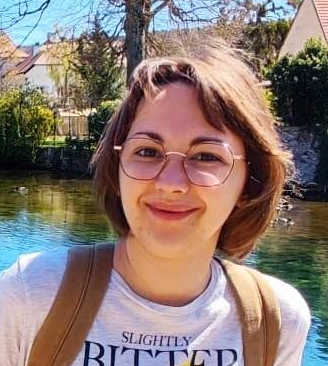
Elisa Chazeau, MSc
After receiving her double degree in chemistry and biotechnology from the University of Strasbourg in 2021, she started a PhD at the Institute of Molecular Chemistry at the University of Burgundy. Her research is focused on developing fluorophores for optical imaging application as well as theranostics and to work on bioconjugation strategies

Universitetet i Bergen (UiB)
Translational Molecular Imaging in Cancer

Emmet Mc Cormack, PhD, Prof.
His research focus is the development and effective translation of novel therapies and imaging strategies for the treatment of cancer, particularly cancers with limited therapeutic options.

Katrin Kleinmanns, PhD
Background in biomedicine, completed her PhD at the end of 2019 which focused on the development of clinically relevant preclinical animal models for evaluation of image-guided surgery and immunotherapy.

Vibeke Fosse, MS CACS (Oncology)
Veterinary surgeon, specialist in companion animal oncology.
She has been working on the development of targeted fluorescence image-guided surgery, with a focus on clinically relevant animal models for translation.
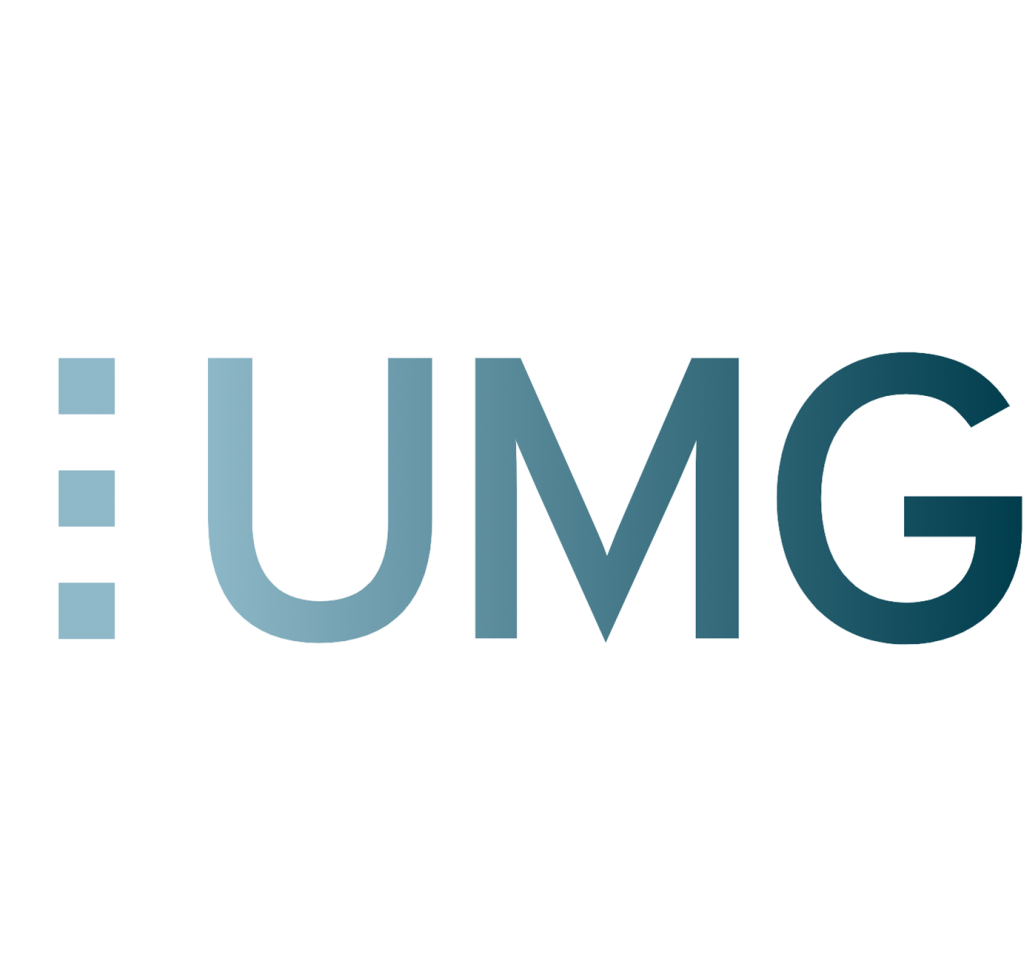
Universitätsmedizin Göttingen (UMG)
Translational Molecular Imaging

Frauke Alves, PhD, Prof. MD
Head of the interdisciplinary “Translational Molecular Imaging” group, a research group located at the UMG Goettingen and the Max Planck Institute for Multidisciplinary Sciences. As a physician in Internal Medicine, oncology, she focuses on the development, optimization and preclinical evaluation of novel, e.g., nanoparticulate theranostics, by means of multimodal and multiscale imaging.
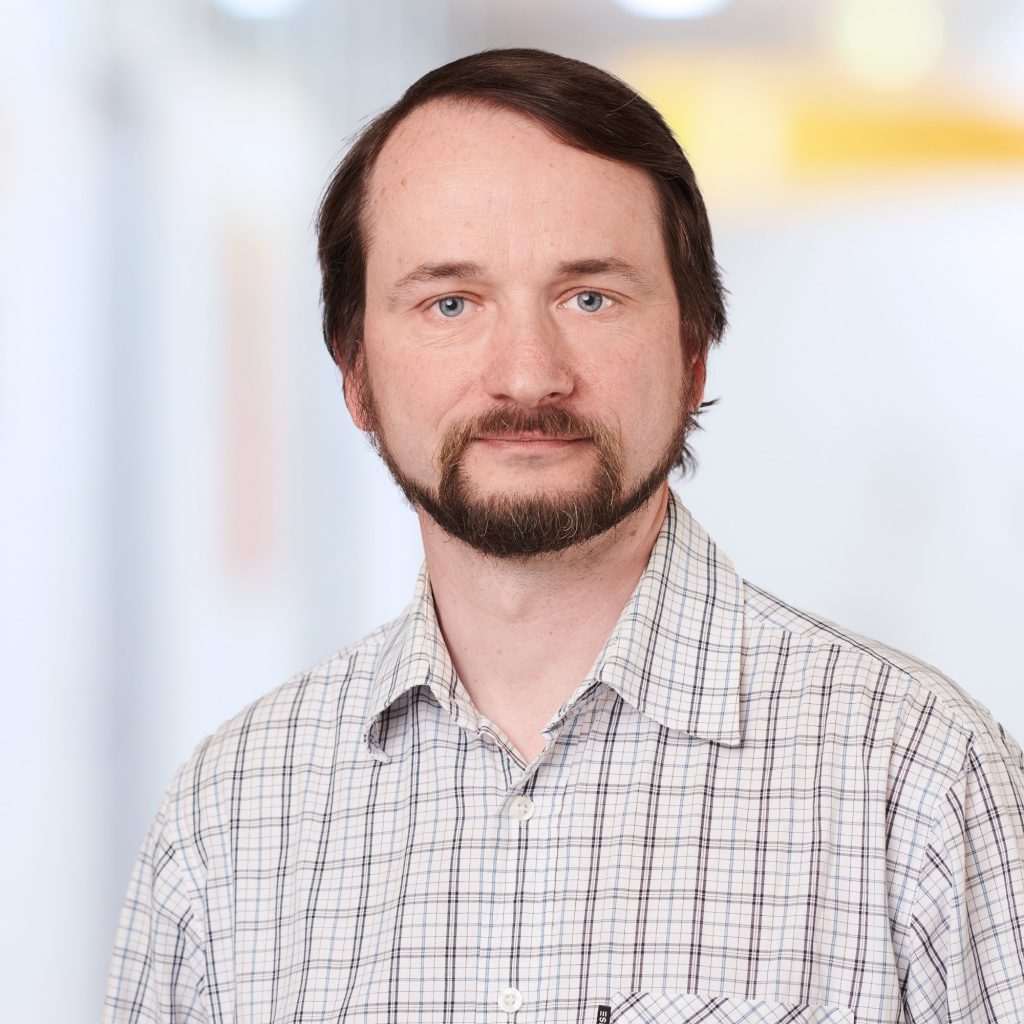
Christian Dullin, PhD
Heads the group “X-ray based preclinical imaging technologies”. He teaches image processing and machine learning at the University Goettingen and has more than 20 years experience in platform independent software development using C++, Matlab and Python. He is experienced in 3D data analysis, registration, rendering and visualization.

Andrea Markus, PhD
Senior researcher; she has expertise in diverse imaging technologies, in particular optical in vivo imaging and high resolution microscopy, which she uses for the evaluation and optimization of novel theranostic approaches in oncology and other diseases; tracking of tumor/immune cells, and cell-stroma interactions; expertise in animal models.
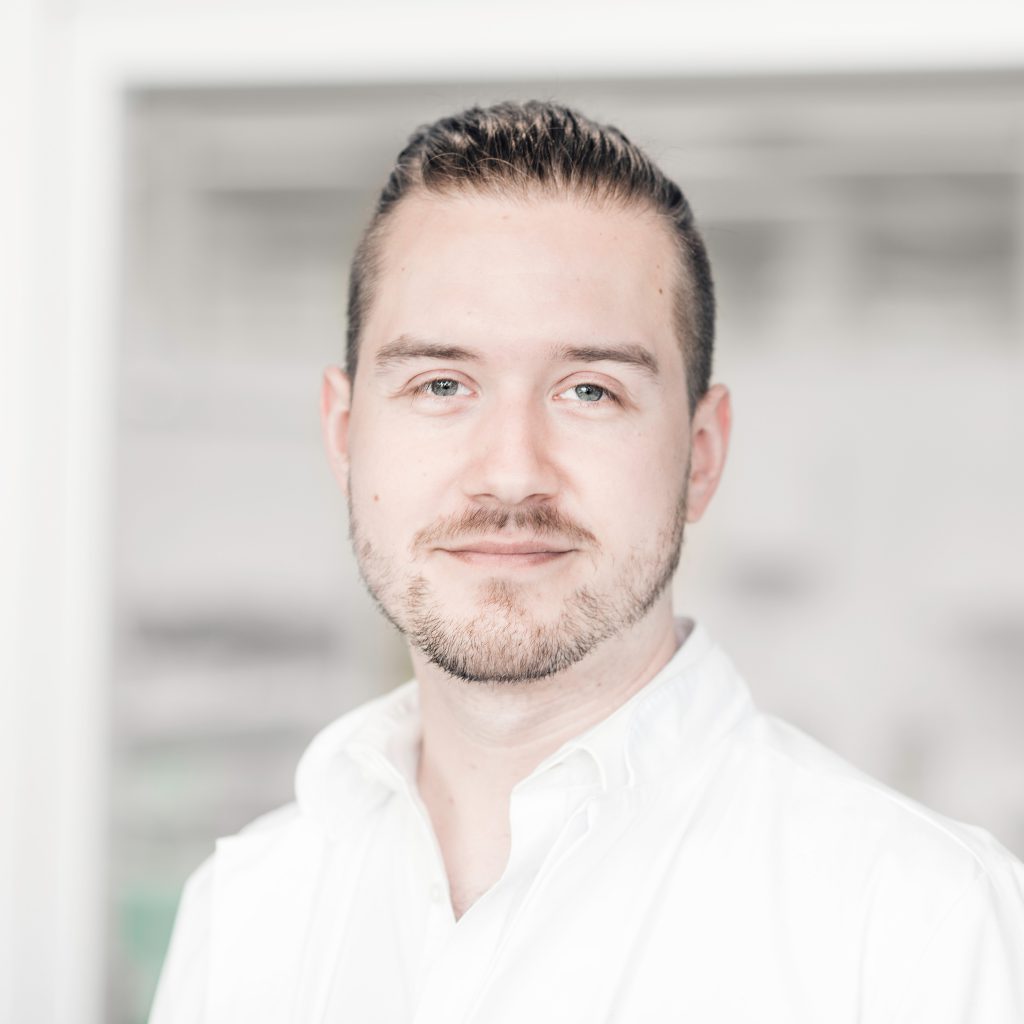
Stefan Lesemann, PhD
As a medical research assistant, he was able to get a wide knowledge in the biological, chemical and medical fields. Over 7 years he specialized and got experience in 3D data analysis, visualization, registration and rendering. He is interested in the use and development of new technologies.
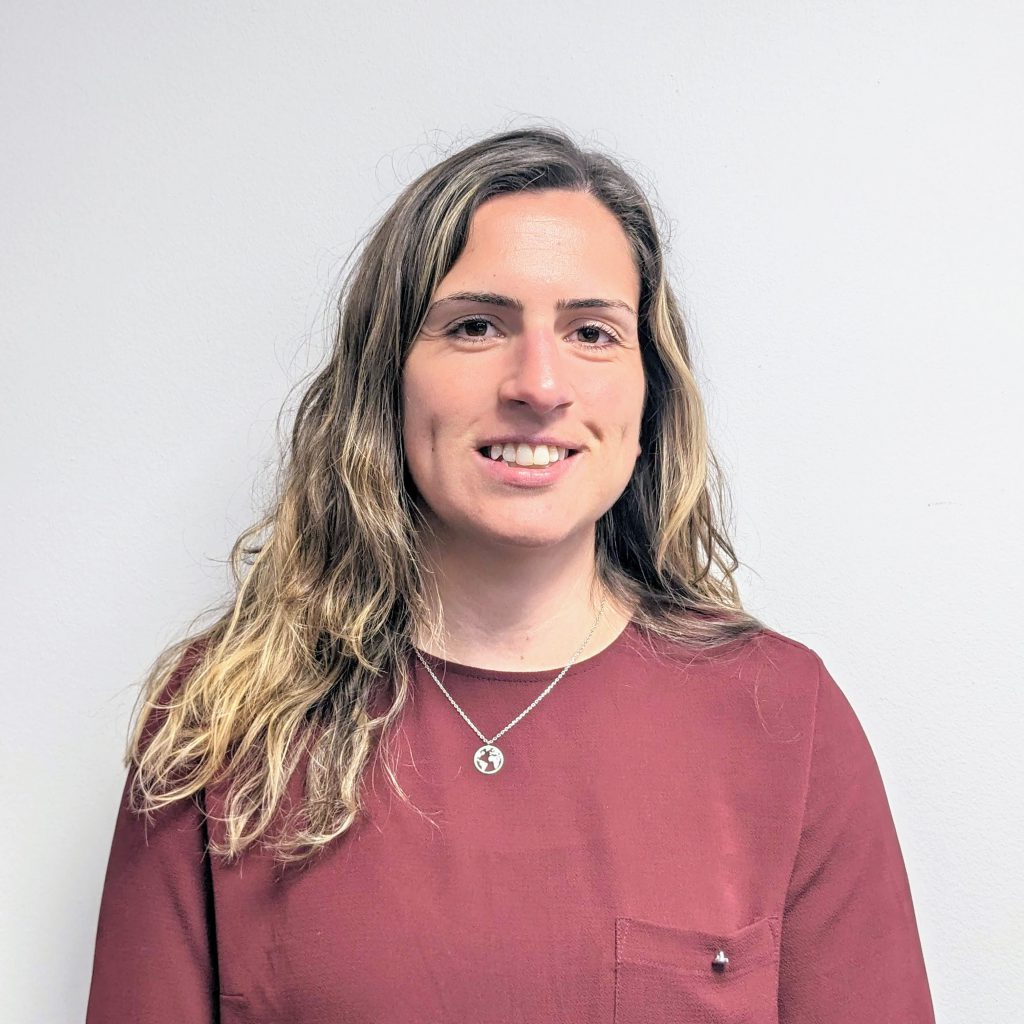
Catarina S. Lobo, PhD
Catarina completed her PhD in Medicinal Chemistry at University of Coimbra, Portugal, in 2021. Her research interests are focused in photodynamic therapy, immunotherapy and imaging modalities (fluorescence, photoacoustic and nuclear imaging).

Foundation for Research and Technology – Hellas (FORTH)
Institute of Electronics Structure and LASER (IESL)

Giannis Zacharakis, PhD
Principal Researcher and Head of the Laboratory for Biophotonics and Molecular Imaging. Physicist by training, his main fields of interest are Biophotonics, and Biomedical Imaging focusing on developing novel tools and enabling technologies for imaging biological processes in living systems.
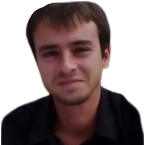
Mylonakis Mikis, Phd
Physicist with a PhD titled Wavefront Shaping for Microscopic Imaging of Biological Samples and MSc in Materials Science & Technology. His main fields of interest are optical design, bioimaging, mechanical design, and wavefront shaping.
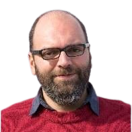
Zacharopoulos Athanasios, Phd
Researcher at FORTH. Physicist with a master’s degree in Photonics/Nanoelectronics and a PhD in non-linear Microscopy. His current research focus is on the development of algorithms for scientific data analysis and light-matter interaction simulations with the use of Python.
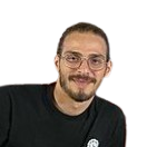
Charampos Astrinakis, Bsc
Physicist with a Bachelor’s degree in Physics from the University of Crete, with a thesis on “Optoacoustic interferometric characterization system (OPTICS) for the evaluation of fuel quality through speed of sound measurements.” His main fields of interest include applied physics, modern acoustic characterization techniques, and photonics. During his internship at FORTH, he mastered the use of photoacoustic spectrometry for fuel quality assessment.

Manousaridou Eythymia, Bsc
She is a Project Manager with a foundation in physics. At I.T.E Forth her focus is on optimizing project performance and resource management. Her expertise extends to innovative HR practices and digital transformation, supported by a background in physics and a Bachelor’s degree from the University of Crete.

Vrije Universiteit Brussel (VUB)
Electronics and Informatics (ETRO)
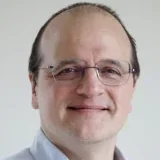
Maarten Kuijk, PhD, Prof. Ir.
Full-time professor in Electrical Engineering at the ETRO dept. of the VUB. His research topics include electrical and optical interconnects devices & building blocks, optoelectronic devices & sensors, CMOS analog and digital circuits. He filed more than 40 international patent families and (co)founded multiple spin-offs while at the VUB. He is the coordinator of this project.

Hans Ingelberts, PhD, Ir.
He received his PhD for his work into Current Assisted Photonic Sampler (CAPS) image sensors for fluorescence lifetime imaging in 2017. His focus since is to build a team that turns the CAPS pixel into a nanosecond time-domain camera and to develop time domain fluorescence imaging systems and applications. He is the deputy coordinator in this project.

Rik van Heijningen, MBA
His background is Biochemistry but he spend most of his career in several management functions in biotech- and medical device companies. From 2019 his focus turned again towards fluorescence tracer development and lifetime imaging. He is the manager of this project
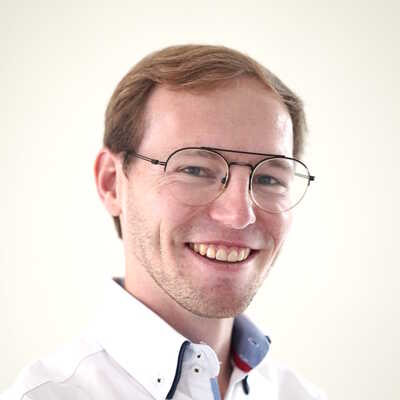
Thomas Van den Dries, PhD, Ir.
Thomas Van den Dries received the M.Sc. degree in Electrical Engineering from the Vrije Universiteit Brussel (VUB), Brussels, Belgium in 2018 with highest honors. During his master’s thesis, he developed a large interest in image sensors and CMOS chip design. In 2023, he obtained the Ph.D. degree in micro- and nano-electronics at the department of Electronics and Informatics (ETRO) of the VUB with highest honors and felicitations from the jury. As a postdoctoral researcher, his research focuses on the development of sub-nanosecond time-gated image sensors (current-assisted photonic
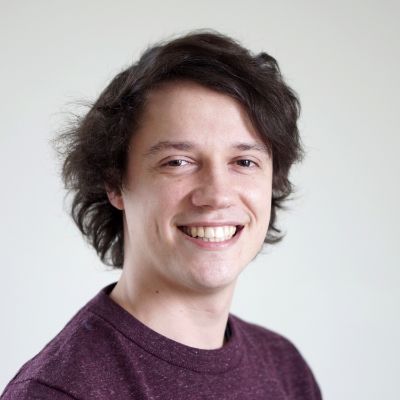
Thomas Lapauw, PhD, Ir.
Thomas Lapauw graduated in 2015 with a Master of Science in Electronics and ICT Engineering Technology – Embedded Systems from the University of Ghent(UGent). Followed by a second Master of Science Electronics and Information Technology Engineering – Nano-, Opto-electronic Devices and Embedded Systems completed at the Vrije Universiteit of Brussels(VUB) in 2017. He started his PhD at the VUB on “Imaging based on Fluorescent lifetime” the same year. His research consists mostly of development of a real-time fluorescence lifetime imaging system.
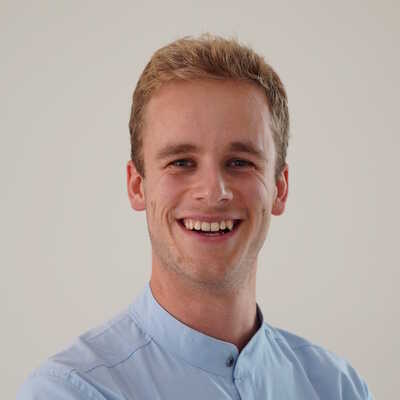
Jonathan Vrijsen, Ir.
Jonathan Vrijsen received the MSc. in Electrical Engineering from the Vrije Universiteit Brussel (VUB) and Université Libre de Bruxelles (ULB) with the greatest distinction in 2023. In the same year, he started a PhD at the ETRO-LAMI research group of VUB. His current research focusses on the development of low-noise readout chains and A/D converters for image sensors suited for real-time fluorescence lifetime imaging.
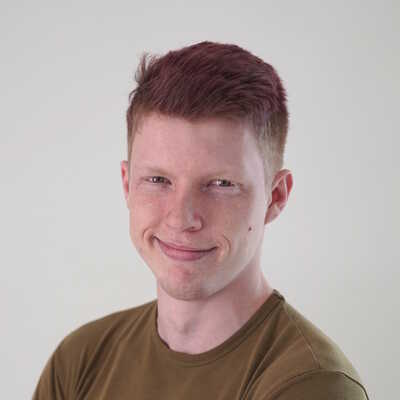
Wannes Nevens, Ir.
Wannes Nevens graduated in 2023 and received a MSc in Electrical Engineering from Vrije Universiteit Brussel (VUB) and Université Libre de Bruxelles (ULB) with greatest distinction. He started his PhD in 2024 at the ETRO-LAMI research group at the VUB. His current research consists of the development of real-time fluorescence lifetime systems.

Vrije Universiteit Brussel (VUB)
In Vivo Cellular and Molecular Imaging (ICMI)

Sophie Hernot, PhD, Prof.
As Tenure Track Professor since 2020, her research interests focus towards fluorescence molecular imaging in surgical and interventional applications. In this context, near-infrared fluorescently-labeled Nanobodies are designed and preclinically validated as tools for image-guided surgery, with the aim of translating them to the clinic.